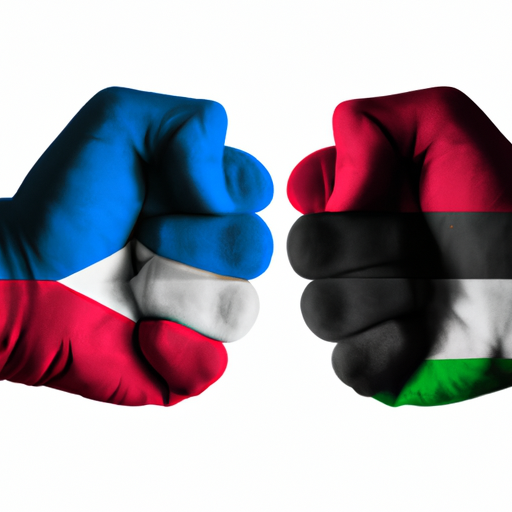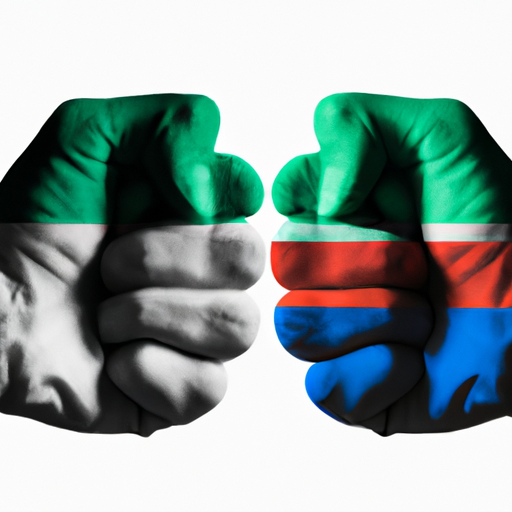latest news on the israel-palestine conflict (hamas): updates, analysis, and developments


Title: Unraveling the Ongoing Israel-Palestine Conflict: A Deep Dive into the Hamas Factor
Introduction:
The Israel-Palestine conflict has been a long-standing and multifaceted issue that has captivated the attention of the world for decades. At the heart of this conflict lies the struggle for land, resources, and sovereignty. One of the key players in this complex equation is Hamas, an Islamist political and military organization operating primarily in the Palestinian territories. In this article, we will delve into the dynamics of the Israel-Palestine conflict, with a particular focus on the role of Hamas.
Background:
The conflict between Israel and Palestine can be traced back to the late 19th century when Zionist aspirations emerged, seeking to establish a Jewish homeland in historical Palestine. This led to tensions and a struggle for control over the land, resulting in a series of armed conflicts and political negotiations.
Hamas, an acronym for Harakat al-Muqawama al-Islamiya (Islamic Resistance Movement), was founded in 1987 during the First Intifada (Palestinian uprising against Israeli occupation). Hamas emerged as a response to the perceived failure of the secular Palestinian political parties in effectively resisting Israeli occupation.
Hamas' Core Beliefs and Objectives:
Hamas is rooted in Islamic fundamentalism and seeks to establish an Islamic state in historic Palestine, including what is now the State of Israel. The organization believes that armed resistance is the most effective means to achieve its goals. Hamas rejects any recognition of Israel and supports armed struggle as a legitimate form of resistance.
Israel's Perspective:
From Israel's standpoint, Hamas is regarded as a terrorist organization. Israel views the group's attacks on Israeli civilians as acts of terrorism and justifies its military responses as self-defense. The state emphasizes the need to protect its citizens and maintain its security in the face of ongoing threats posed by Hamas.
Palestinian Perspective:
To many Palestinians, Hamas represents a resistance movement against Israeli occupation. The organization's social services, such as providing healthcare, education, and welfare programs, have gained significant support among Palestinians who perceive a lack of assistance from the Palestinian Authority. Hamas is seen as a defender of Palestinian rights and an advocate for a united front against Israeli oppression.
Role of Hamas:
Hamas exercises significant control over the Gaza Strip, which has been under Israeli blockade since 2007. The group's armed wing, the Izz ad-Din al-Qassam Brigades, engages in periodic rocket attacks against Israeli towns and cities. These attacks are often met with Israeli airstrikes, resulting in further escalation and civilian casualties on both sides.
International Response:
The Israel-Palestine conflict, with the involvement of Hamas, has garnered international attention and sparked debates over the appropriate response to the ongoing violence. Critics argue that Israel's blockade of Gaza has led to a humanitarian crisis, while others condemn Hamas' use of violence against Israeli civilians.
Conclusion:
The Israel-Palestine conflict, with Hamas as a prominent player, remains a deeply complex issue with no easy solutions. The struggle for land, resources, and self-determination continues to fuel tensions and violence. Any sustainable resolution to this conflict will require a comprehensive and inclusive approach that addresses the needs and aspirations of both Israelis and Palestinians, while acknowledging the role played by groups like Hamas. Only through dialogue, negotiation, and a commitment to peaceful coexistence can a lasting resolution be achieved.
Tin tức xung đột Israel - Palestine (Hamas)














Comment